Hip Hop: Culture or Commodity
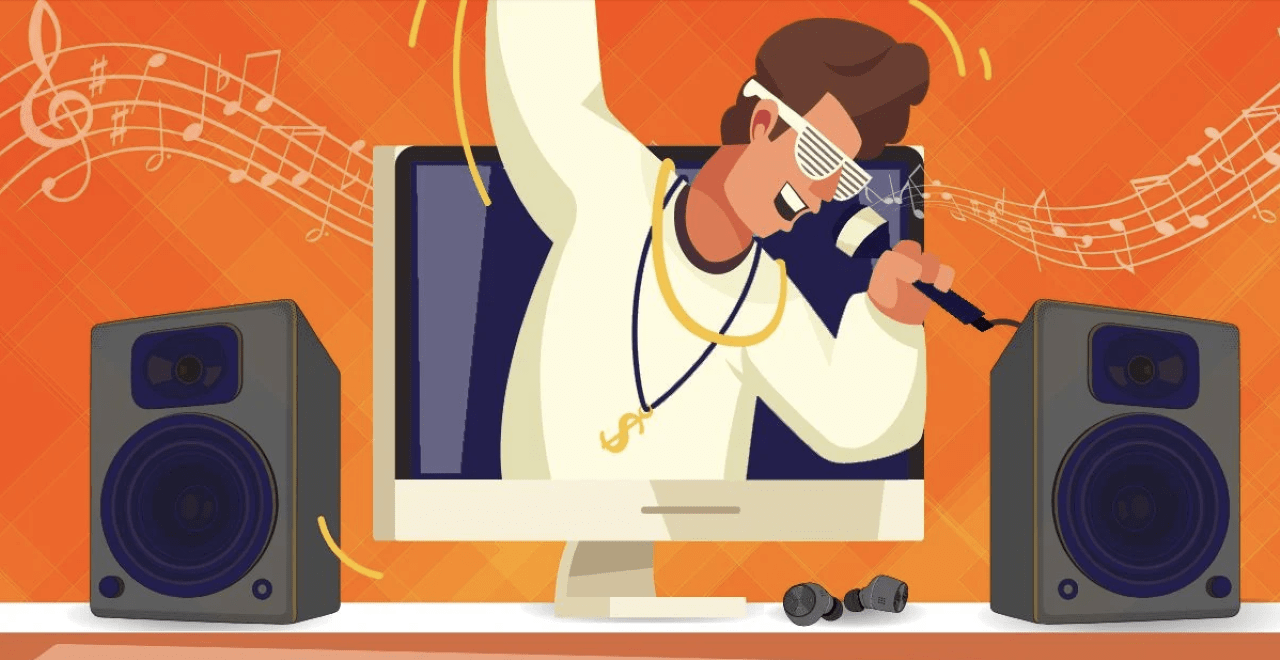
It’s 2023. We’ve entered the 50th year of hip-hop culture.
Or have we? Is it more appropriate to say, “We’ve entered the 50th year of hip-hop commodity?”
Like many of you, since childhood, I’ve embraced the narrative that DJing, MCing, breaking and graffiti were born out of the tenets of peace, love, unity and having fun.
But, today, as a grown man who’s well-read, who has cultivated the power of discernment, and who thinks his own thoughts, I question if that old narrative was merely a marketing strategy; one which was sold to me, and that I “bought,” as a young, impressionable kid, growing up in Queens, NY.
I raise this question, because much of the culture today, while designed to look authentic, seems to merely be an aspect of one, or another, marketing strategy.
Let me explain what I mean, via my own story:

I was born on May 14, 1972. I’m one year older than the culture. Of course, I wasn’t there, watching Kool Herc at the first “Back To School Jam,” on Sedgwick Ave in the Bronx, on August 11, 1973.
But thanks to my older brother, John, by the age of 5, my hip-hop education had begun. Granted, what I was learning about through my bro’s tutelage actually had no name in 1977. It was just this thing some of us called “Getting Down,” or “Going Off,” or “Jamming.”
But, in fact, it was an art renaissance, taking place in the Bronx, and spilling over into the surrounding boroughs of Queens, Brooklyn, and Manhattan.
By 1979, at age 7, I was all in.
“Robert: You hear that sound? Ziggaziggazigga? That’s GrandWizzard Theodore scratching the record. Papi doesn’t get back from work for another couple of hours. Let’s turn on his turntables so I can teach you how to scratch before he gets home.”
Or “Robert, I’m taking you with me to Saint Joan of Arc Church. The head priest is gonna let us break inside their recreation room.”
I was learning about this creative phenomenon, exclusive to New York, taking place inside my city, my community, my neighborhood, and with my friends.
Thanks to programs like HOT TRACKS — which played music videos from artists like RUN DMC and Malcolm McClaren feat. The World’s Famous Supreme Team — by 1982, the rest of America got exposed. People outside of NYC began seeing the faces and hearing the voices of my ghetto heroes.
“Ghetto,” because Kool Herc, Grandmaster Flash, GrandWizzard Theodore, Grand Mixer DST, Tony Tone, Charlie Chase, etc., didn’t look like the Six Million Dollar Man or the Lone Ranger. They looked like my brother. They looked like my brother’s friends. They looked like my friends. They looked like my family — people who lived in a one-bedroom, tenement building apartment, infested with mice and roaches. They looked like me!
By 1983, documentaries like Style Wars aired on PBS. The news media began to chronicle what inner-city Black and Latino kids were doing — DJing, rapping, breaking, graffiti — on any given NYC block. The film industry was even intrigued: Movies like Wild Style and Beat Street were made available for people to experience inside air-conditioned, downtown theaters. This was far away from the warzone, benign-neglect aesthetic of hip-hop’s epicenter, The Bronx, NY.
They even had a name for it, by now. They were calling the union of these four forces, “hip-hop.” This thing that low-income, underprivileged youth had created as an alternative to crime and violence — gangs ran NYC during the 1970s — finally had an official name. However, that meant it could also, now, be packaged in a proverbial box, gift-wrapped, complete with bow, and sold for mass consumption.
Enter, 1984: The Year Hip-Hop Culture Became Hip-Hop Commodity.
Graffiti was washed away from its home, the NYC subway system, and transposed to art galleries. There, wealthy collectors would buy canvases to hang inside their multi-million-dollar luxury apartments. Breaking got so played out, you’d be laughed out of a house party if you attempted a windmill.
Even DJs, the very people credited for creating hip-hop, were coerced into subordinate positions to their counterparts, as hip-hop’s principal, gold and platinum ornament became The Rapper. Soon, DJs were replaced in live performance by “backing tracks.” But it wasn’t the audiences that asked for this change. It was the larger, business infrastructure, dominating hip-hop, which brought it about.
Thus, if you’re Gen Z, you may not be aware that during the 1990s, my Gen X generation of DJs waged a rebellion, and reclaimed its ownership of hip-hop. Therefore, that time is now considered hip-hop’s “Golden Era.”
Players like the X-ecutioners, Invisibl Skratch Piklz, and the Beat Junkies regained control of the distribution and monetization of hip-hop, at least within DJing. We started our own record labels, promotion companies, and played an integral role in booking one-off shows and tours; events that put the focus back on other neglected elements like breaking and graffiti as well. In the simplest terms: Between 1990 and 2000, DJ culture revitalized hip-hop.
It’s the 2000s now. The generation of DJs who stepped into the forefront after mine, have, once again relinquished power to outsiders. But the difference in 2023, when compared to 1983, is, today, business and marketing experts will go as far as disguising themselves as DJs, in order to capitalize on the stock of hip-hop culture.
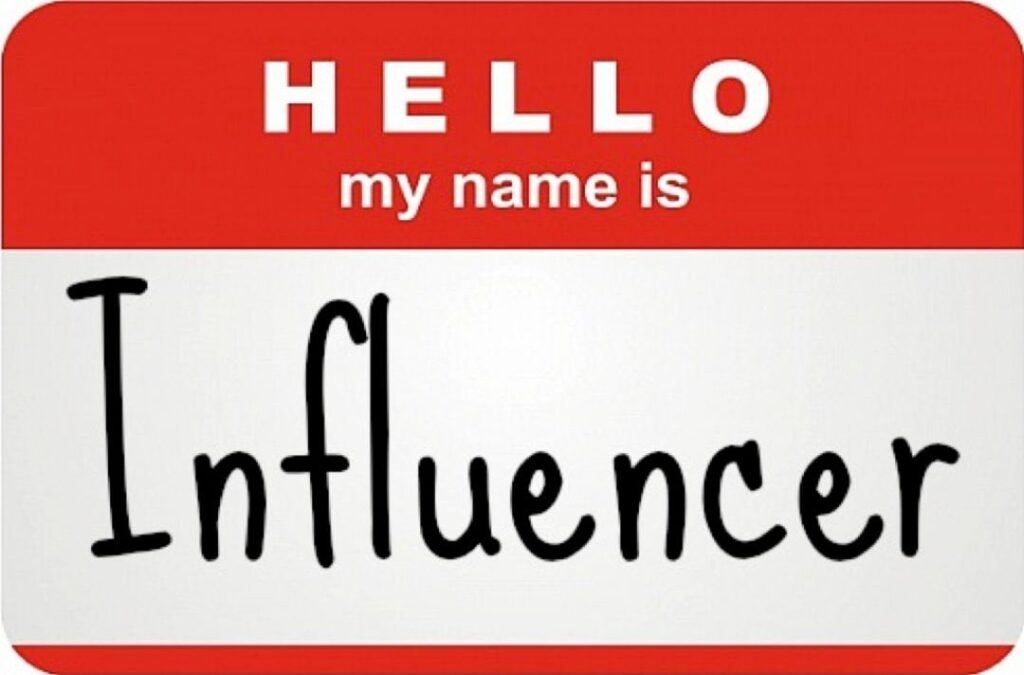
Here’s how it works: They’ll join a DJ school, and take a few lessons on dropping, mixing and scratching. The next thing you know, they’re influencers, telling aspiring DJs — who genuinely want to learn the art form — what kind of gear to buy, and what apps to run while DJing. If an economically challenged kid from the Bronx can’t afford that $3,000 laptop, or can’t drop $2,000 on the latest mixer, well, they inform them, they’ll just be “left in the dust.”
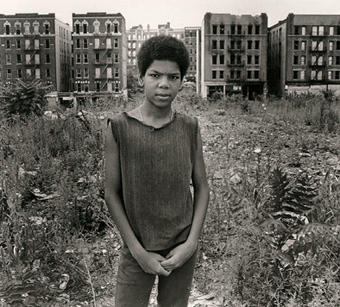
The indecency of it all is this: People who listen to these influencers have no awareness they are, effectively, being colonized. They do not know the very worldview being pushed upon them — that they will be banished if they can’t keep up economically — serves the function of making their ultimate elimination look benign. They do not know these are outsiders, who’ve successfully infiltrated hip-hop, specifically DJ culture, bearing gifts; ones who are, at every second, exploiting it, and them, for monetary gain.
♈ ♈ ♈
So, here we are. It’s the opening month of the year marking hip-hop’s 50th anniversary; another year overgrown with “DJs” turned influencers. These are the ones who don’t respect hip-hop’s legacy of economic inclusion, this being a philosophy embedded in the culture by the pioneers on whose shoulders we stand.
At this point, what am I saying should be done?
I’m suggesting the following two (2) action steps.
If you’re going to become a DJ, or teach DJing:
• Examine our culture first. Interact with it. Learn its history, document it, and teach it correctly, to others. Name its great artists and tell what they did to advance the art form. Don’t merely and unethically profiteer off hip-hop’s resources for “LIKES”, “FOLLOWS,” and Benjamins.
• Refrain from using fear-mongering tactics to attract students, or to cash in on DJing, and the greater culture of hip-hop.
♈ ♈ ♈
In closing:
This essay grew out of a social media conflict I’ve been having over specific forms of marketing, aimed at students of the culture. As should be clear, I strongly object to these practices.
This is not a statement against any person, or group of persons. Further, this is not a statement against the people who follow my work, or, especially, the ones who don’t.
If you are a true supporter of hip-hop culture — not the rah-rah around it, but the science and history of it — I thank you. I particularly thank you if that interest has led you to give an ear to what I have ever said or done.
I stand on all the above. If, because of what I’ve said, I lose colleagues, followers, students, sponsorships or should I be slandered, vilified, shunned or become abject, while it would be unfortunate, I do not care. I am aligned with a much Higher Power, and higher values, than those with which the current DJ world aligns itself.
I stand firm in the truth of my words, even if they are disconcerting, because I understand the following: There is an economic and creative war, happening in plain sight, for the control of how people think and interact, not only with DJ art and technology, but with themselves, and with their own minds.
For that reason, I’ll never go along with fake shit, to get along with fake shit. Instead, I dig in my heels for what I see as right and just.
Regardless of the circumstances, I will always stay, and reside, in truth and in respect. That is the legacy of the pioneers, and, as far as my part is concerned, understand: I’m just trying to help this art form get to the next generation, intact.
Happy 50th, hip-hop.
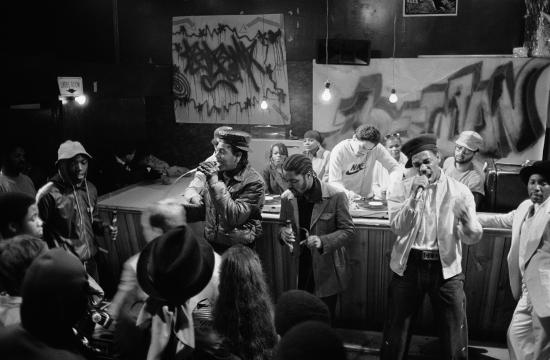
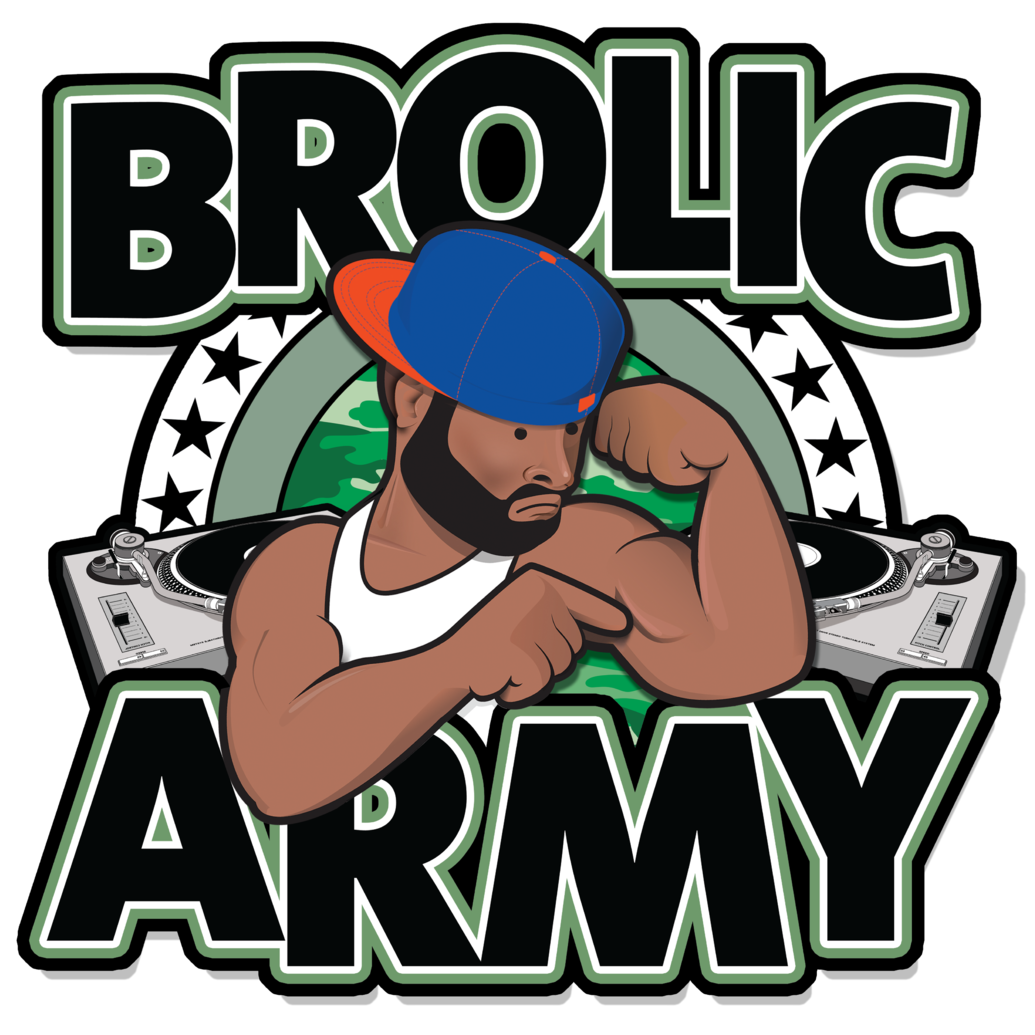
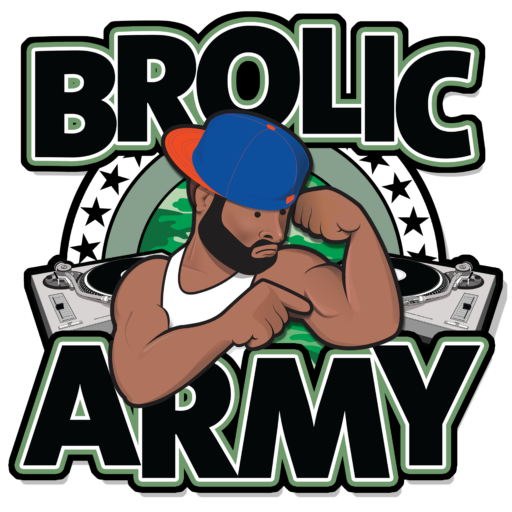
16 Comments on Hip Hop: Culture or Commodity
Comments are closed.